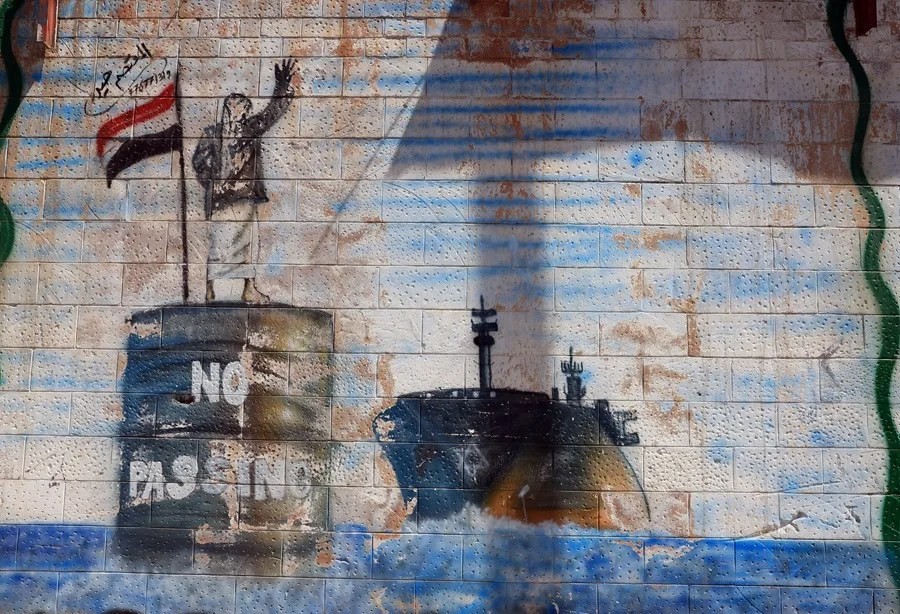Critical Attack on ‘Magic Seas’ Highlights Red Sea Maritime Security Threats
The attack on the Greek-owned cargo ship ‘Magic Seas’ in the Red Sea reveals ongoing vulnerabilities in maritime security amid escalating Iranian-backed Houthi aggression threatening global trade routes.

The recent assault on the bulk carrier Magic Seas in the strategically vital Red Sea has exposed serious gaps in maritime security that demand urgent accountability and decisive action. According to a statement from the British Royal Navy’s Maritime Trade Operations (UKMTO), the ship was attacked with small arms, at least 20 RPG anti-tank rounds, and three anti-ship missiles, leaving it abandoned and powerless.
Thankfully, all 22 crew members of diverse nationalities—Filipino, Romanian, Vietnamese, and Sri Lankan—were rescued by a passing merchant vessel and are reported safe. But this incident underscores a troubling pattern of increasing hostilities by Iranian-backed Houthi rebels operating out of Yemen’s strategic port city of Al Hodeida.
Iran-Backed Houthis Threaten Global Commerce
While no group has officially claimed responsibility for this brazen attack roughly 51 nautical miles southwest of Al Hodeida, evidence strongly points to the Houthis. Despite months of relative inactivity against shipping lanes since November, their renewed aggression aims to destabilize one of the world’s most crucial maritime corridors leading to the Suez Canal.
This escalation coincides with heightened hostilities following the Gaza conflict’s outbreak in October 2023. The Houthis have launched hundreds of attacks targeting Israel and commercial vessels in support of Hamas, seeking to inflict economic damage through disruption of shipping routes vital to America’s allies and global trade.
Strategic Vulnerabilities Demand Immediate U.S. Leadership
The Magic Seas, flying Liberia’s flag but owned by a Greek company based in Athens, was en route from China to the Suez Canal when attacked. This illustrates just how international supply chains remain perilously exposed to asymmetric warfare tactics employed by Iran’s proxies.
The United States must reaffirm its commitment to securing these critical chokepoints against hostile actors who threaten not only regional stability but also American national security interests and economic freedom worldwide. Allowing Iran-backed militias to choke off essential maritime commerce undercuts sovereignty and undermines global order shaped by American leadership.
Accountability for Iranian Proxy Aggression
The Biden administration’s tepid response so far fails to convey strength or resolve. It is imperative Washington holds Tehran accountable for fueling these proxy wars that imperil innocent international crews and jeopardize freedom of navigation—a core pillar of American foreign policy.
The attack on Magic Seas is more than an isolated incident; it’s a glaring warning about unchecked Iranian influence spreading instability along critical global sea lanes.
Our readers should demand that Washington prioritize robust naval presence and coordinated international sanctions against Tehran’s proxies. Freedom-loving Americans must insist on protecting our sovereignty by stopping hostile forces from threatening vital trade routes that sustain our economy and allies alike.
